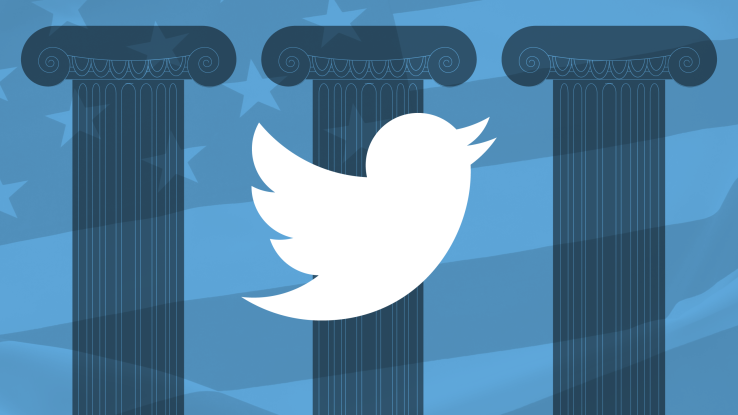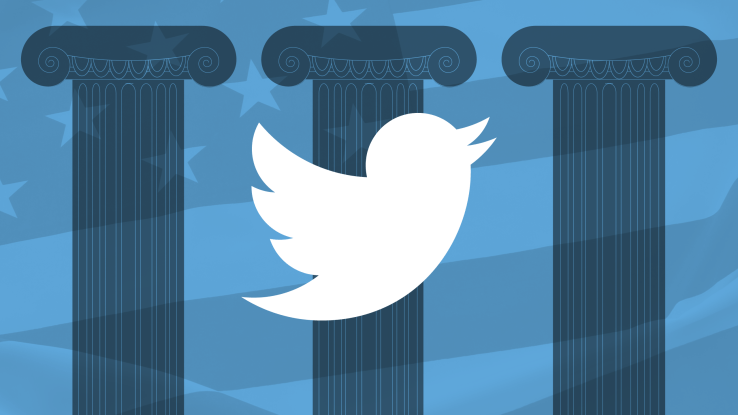

Twitter has now updated the number of people engaging with Russian trolls during the 2016 presidential campaign to 1.4 million. That’s more than double the initial 677,775 Twitter originally said had seen, followed or retweeted one of these accounts earlier this month.
The new number reflects those who may have also replied to or @ mentioned these accounts.
“We have expanded the number of people notified about interactions with Twitter accounts potentially connected to a propaganda effort by a Russian government-linked organization known as the Internet Research Agency,” Twitter said in the update. “Our goal in providing these notifications is to advance public awareness of and engagement with the important issues raised in our blog post, and provide greater transparency to our account holders and the public.”
Twitter also said it would only notify these people of certain interactions but that it would not be notifying everyone who ever saw one of these accounts on its platform.
However, Twitter also noted it may notify more people in the future. “As our review continues, we may also email additional users,” Twitter said. “If and when we do so, we will do our best to keep the public updated.”
The total number of Russian-linked troll accounts, as we reported earlier in January, is over 50,000, of which 3,800 were thought to be from the Internet Research Agency (IRA).
The IRA is a Russian company with Kremlin ties that has been exposed as organizing purposeful disinformation campaigns in the U.S. and elsewhere — including attempting to influence the 2016 presidential election.
The news furthers the perception that social media platforms like Twitter and Facebook, which has acknowledged its own Russian troll army problems during the election, are not making enough of an effort to shutter disinformation campaigns that have contributed to swaying the voting public.
Further — and despite a promise of more transparency — the notification seems to have added to the confusion. Ars Technica’s Cyrus Farivar, who was sent one of the notification emails, lamented that Twitter didn’t name names. “What exactly am I supposed to do with this email?,” Farivar asked.
Here’s the full update from Twitter’s blog:
Updated on January 31, 2018
We have expanded the number of people notified about interactions with Twitter accounts potentially connected to a propaganda effort by a Russian government-linked organization known as the Internet Research Agency. Our notice efforts are focused on certain types of interactions, and they will not encompass every person that ever saw this content. Our goal in providing these notifications is to advance public awareness of and engagement with the important issues raised in our blog post, and provide greater transparency to our account holders and the public.
We have now sent notices to Twitter users with an active email address who our records indicate are based in the US and fall into at least one of the following categories:
- People who directly engaged during the election period with the 3,814 IRA-linked accounts we identified, either by Retweeting, quoting, replying to, mentioning, or liking those accounts or content created by those accounts;
- People who were actively following one of the identified IRA-linked accounts at the time those accounts were suspended; and
- People who opt out of receiving most email updates from Twitter and would not have received our initial notice based on their email settings.
Approximately 1.4 million people have now received a notification from Twitter. We will be sending a short survey to a small group of people who received our notification to gain feedback on this process. As our review continues, we may also email additional users. If and when we do so, we will do our best to keep the public updated.

